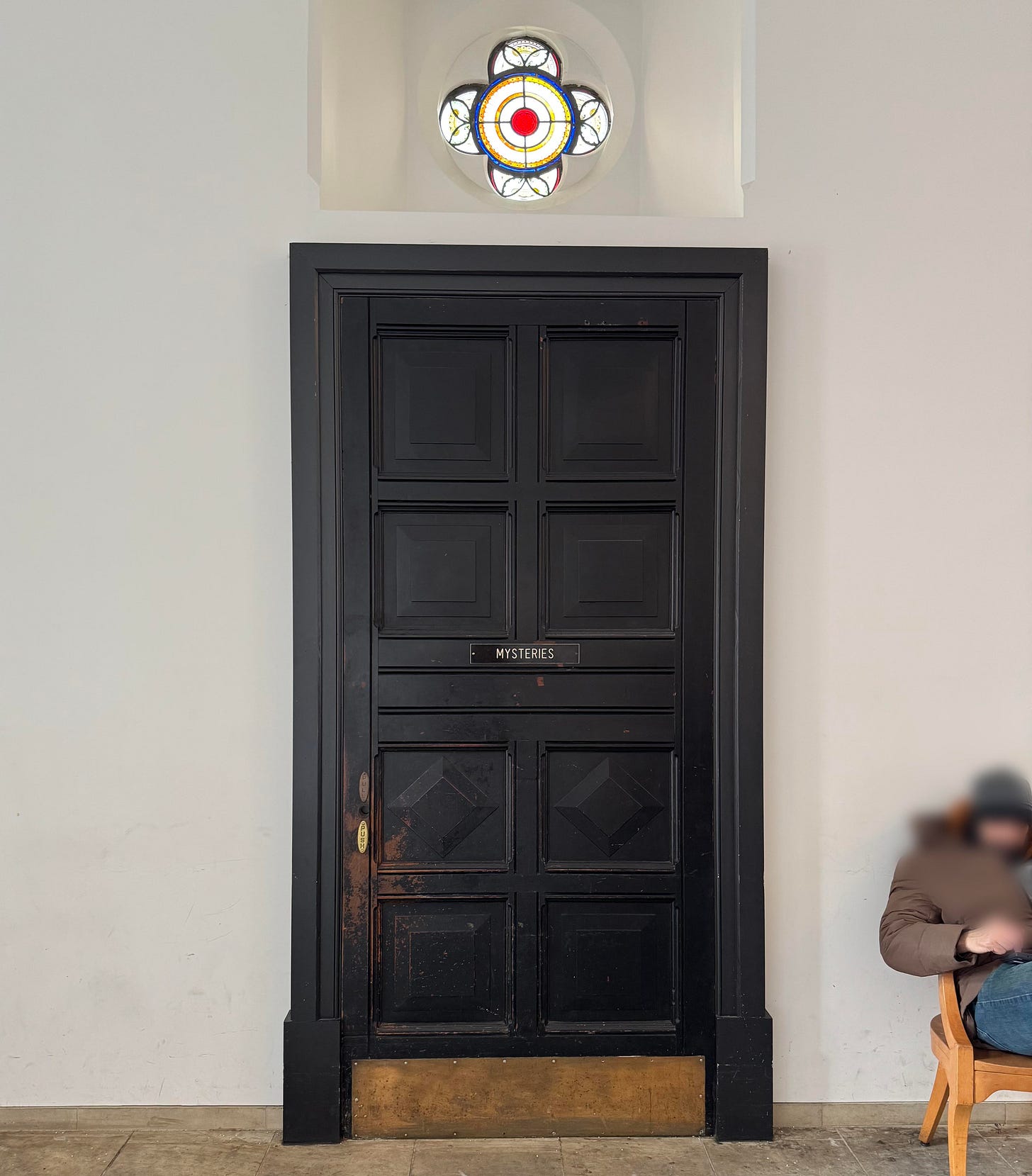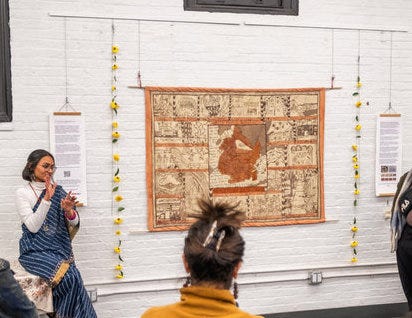NOTES ON JANUARY 2025:
January always feels a little wrong to me. It’s probably just the cold and the dark, but maybe some of it is the pressure of noticing time, of resolutions, of being born not long after the year turns over. I swear we should all be hibernating, hopefully with full bellies and companionship. This January has seen Trump’s inauguration and an immediate campaign aimed against pretty much everyone I love or care about. Sometimes writing feels useless in the face of all this, but I know by now it also keeps me sane. A friend and I were talking about literary fiction, and how bleak it can be. I’m no stranger to reading for escapism either, but I felt defensive — yes, sometimes the things we read are bleak, even devastating, occupied with not only hopelessness but the way we contribute to our own unhappiness, the systems of the world designed to crush, but it’s art. Someone made it. Someone put time and effort and energy into creating a container for us to experience something dreadful and still come out the other side alive, safe, entertained, moved. I think making art out of our lives is such a hopeful act, maybe even especially if the art is complicated, hard, painful, or transgressive. It’s so human, to want to reify, concretize, and make mysterious our own experiences.
As for my own writing, I’ve been working, so my writing comes in fits and starts, which is difficult for something the length of a novel, but I’m taking it chapter by chapter. Hopefully some time will clear in my schedule to dive in.

MICROCLIMATE: Snow! It’s been cold and dry and windy and then finally cold and wet. It doesn’t quite feel like winter to me until it snows, and I missed the snow in December.
READING:
"He’d heard a woman ask another woman if she should keep going to her gay hairdresser. Ridiculous, but better than feeling like you lived in some alternate universe where no one could hear you calling for help. Now it was like people could hear and just didn’t care. But wasn’t that progress?" — The Great Believers by Rebecca Makkai. I feel a little embarrassed that this is the first novel I've read centered on gay men during the AIDs crisis. It's clear from the start it's well-researched, and I felt moved frequently, though I wondered if its popularity with readers was due to Fiona's narrative in the present (well… the mid 2010s) rather than than Yale's in 1985 in Chicago. I felt much more drawn to his and his friends’ stories, but maybe that’s the pleasure of a narrative split between two times.
Here’s my question. How do we keep doing this—making art? I started Stacey D'Erasmo’s The Long Run months ago and read it slowly, returning to it when my own optimism about art failed. Not at all a straightforward interview series, this one combines memoir, art history and criticism, and yes, interviews interested in the how and why we stick to making art. “An unspoken pact was that we would, against all odds, make one another alive.”
If you, like me, seem to have an endless appetite for reading about how others make art, I’d highly recommend The Creative Independent.
One of those books you can’t stop reading because you are desperate to see some kind of safety arrive for the main characters, and somehow the safety never arrives — Rainbow Black by Maggie Thrash begins with Lacy, thirteen, living a pretty good life with her parents, daycare owners, in small-town New Hampshire. Then, her parents are accused of satanic rituals and child abuse. What follows is a compelling if sometimes unbelievable escalation of events, which does start with a very real point in history, the Satanic Panics of the 1980s. “… I was coming to grasp a truth reserved only for a certain, miserable subset of people. That murder is not the same as death. That human malice poisons the soil, and there would be no peace budding in the spring.”
Cy Ballard and their newsletter Cosmic Mystery Club reminded me of a book I’ve been wanting to read: Sara Grans’ Claire Dewitt and the City of the Dead. The library had both the ebook and audiobook available, which always feels like the height of luxury to me. Reading this felt like a way of grieving and honoring David Lynch, whose passing this month made me profoundly sad. Dreams, mysterious books, and coincidence all aid in the titular detective's investigation into a missing man. This is also a book about the time after a catastrophe (Hurricane Katrina, unnamed) when the people who lived through it must grapple with what it means to be alive.
NEWS: If you’re in Brooklyn please go see Nikita Shah’s communal kalamkari storycloth up at Brooklyn Community Pride Center (Crown Heights), which I was absolutely honored to contribute to. It’ll be there until February 15. I’ve mentioned Nikita’s fursat before, a kalamkari workshop she runs out of her apartment. Here’s Vandana Pawa talking beautifully about what Fursat is like.
I’ll be reading at Ditmas Lit with three incredible writers at the end of February. What should I read?





